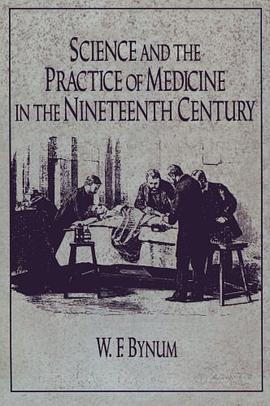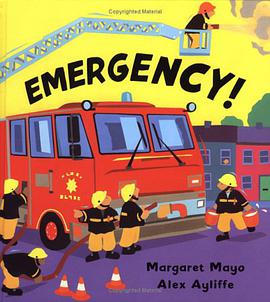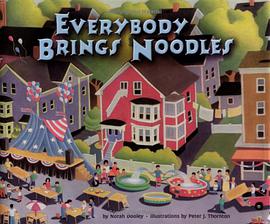

具体描述
Latin American democracies of the 1960s and 1970s, most theories hold, collapsed because they had become incompatible with the structural requirements of capitalist development. In this application of game theory to political phenomena, Cohen argues that structural conditions in Latin American countries did not necessarily preclude the implementation of social and economic reforms within a democratic framework. Focusing on the experiences of Chile and Brazil, Cohen argues that what thwarted democratic reforms in Latin America was a classic case of "prisoner's dilemma". Moderates on the Left and the Right knew the benefits of coming to a mutual agreement of socioeconomic reforms. Yet each feared that, if it co-operated, the other side could gain by colluding with the radicals. Unwilling to take this risk, moderate groups in both countries splintered and joined the extremists. The resulting disorder opened the way for military control. Cohen further argues that, in general, structural explanations of political phenomena are inherantly flawed; they incorrectly assume that beliefs, preferences and actions are caused by social, political and economic structures. One cannot explain political outcomes, Cohen argues, without treating beliefs and preferences as partly independent from structures, and as having a causal force in their own right.
作者简介
目录信息
读后感
评分
评分
评分
评分
用户评价
相关图书
本站所有内容均为互联网搜索引擎提供的公开搜索信息,本站不存储任何数据与内容,任何内容与数据均与本站无关,如有需要请联系相关搜索引擎包括但不限于百度,google,bing,sogou 等
© 2025 book.quotespace.org All Rights Reserved. 小美书屋 版权所有




















